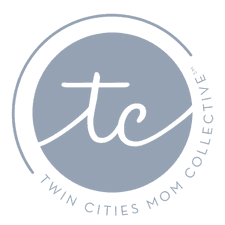
One morning in mid-April, I went through the usual chaotic marathon of getting myself and my two-year old twins ready before heading into work.
I work with the immunization program at the Minnesota Department of Health. We’re always busy keeping up with the latest vaccine recommendations from the Centers for Disease Control and Prevention (CDC) and working with health care providers to implement them.
That morning I was doing the usual tasks of checking emails and working on projects—probably similar to the work routines many of you have. It seemed like any other day. That is, until I got word that there were three confirmed cases of measles in young children in Minnesota. With that, a cascade of response efforts started that took over my work and the work of many of my colleagues for that day and many days to follow.
As of July 18, 2017, we have had 79 cases of measles related to this outbreak in Minnesota. To put that in perspective, there were 70 measles cases in the entire country in 2016. This outbreak has made national—and even international—news.
It really is a big deal.
Particularly in the early days and weeks of the outbreak, I saw a lot of questions, concerns, and misinformation about measles among friends and fellow moms online. As I reflected on the questions and comments I was seeing, I realized it was completely understandable for my generation of moms to have such varying questions and opinions – we’ve never seen measles. So, let’s give this some context.
Child with measles in the Philippines, 2014. Photo credit: CDC/Jim Goodson, M.P.H.
Measles is rare in the U.S., but not across the globe.
In public health, we’re sometimes the victims of our own success. High immunization rates in Minnesota and across the county have made measles outbreaks rare. However, measles is still common in many parts of the world including some countries in Europe, Asia, the Pacific, and Africa, so the risk of seeing measles in the U.S. continues as people travel to and from these areas.
Measles is more than just a rash.
Keeping immunization rates high is really important because we don’t want to go back to the way things used to be. Before a vaccine became available, each year millions of people in the U.S. got measles, thousands were hospitalized and hundreds died.
It’s not a minor illness. Children with measles feel miserable, and the symptoms can lead to some serious complications. In fact, almost one-third of the cases in this Minnesota outbreak ended up in the hospital with complications from measles.
Measles is also extremely contagious. If 10 unvaccinated people are exposed to measles, 9 of them will get sick with measles. That’s why even one measles case sparks an outbreak response by public health and medical professionals.
It takes a lot to stop an outbreak.
Seventy-nine cases of measles is no small number, but it actually could be a lot worse. Those 79 cases have resulted in over 8,000 people being exposed to measles. Luckily, the vast majority of people are protected from measles because they are vaccinated or have had the disease.
However, there are a number of people who are not vaccinated and therefore not protected from measles. There are various reasons someone might not be vaccinated. They might be too young, they might have a medical condition where they can’t be vaccinated, or their parent may have chosen not to vaccinate.
Whatever the reason, this is the group that we are really concerned about. In order to stop the disease from spreading, we ask people who are exposed to measles and not vaccinated to stay out of school, child care and other public gatherings for 21 days.
Twenty-one days is the incubation period for measles, meaning that’s how long it can take for symptoms to appear after being exposed to measles. The problem is that early symptoms of measles can be vague and look like most of the other common viruses a child catches. Until a rash appears, it can even be difficult for an experienced doctor to diagnose measles. The only way to ensure that measles doesn’t spread is to keep that potentially infectious child out the entire time.
It’s not an easy thing to ask a parent to keep their child out of child care or school for 21 days. It causes real hardships for families that need to find in-home care for their children or take time away from work. During the outbreak, nearly 600 children have been excluded for at least 21 days. As difficult as it is, without interventions like this, our outbreak numbers would look a lot different.
Once the outbreak ends, the work is not done.
We can’t get complacent because that’s when disease sneaks in and takes hold, and we can all play a part in stopping this outbreak and preventing the next one. Here’s how you can help.
Check your and your family’s immunization status.
You can request your child’s immunization record from your clinic or the Minnesota Immunization Information Connection (MIIC) to see what vaccines they have received and what they still need. To learn more, go to MIIC Immunization Record Requests.
Get information about immunizations and diseases from reliable sources.
Unfortunately, there’s a lot of misinformation floating around online that’s presented as fact. Take some time to scrutinize the sources you’re looking at and seek out reputable sources for health information. Here are some examples of good sources:
- Centers for Disease Control and Prevention
- Minnesota Department of Health
- Children’s Hospital of Philadelphia – Vaccine Education Center
Talk to your child’s health care provider.
It’s normal to have questions about the vaccines your child is getting and the diseases they prevent. Ask your child’s provider about any concerns you might have. They share your desire to make sure your child stays healthy.
 Jennifer Heath is the supervisor of the Education and Partnerships Unit for the Immunization Program at the Minnesota Department of Health and the mom of 2-year-old twins.
Jennifer Heath is the supervisor of the Education and Partnerships Unit for the Immunization Program at the Minnesota Department of Health and the mom of 2-year-old twins.







1 comment
Hey Jennifer,
Good to see that there are interesting stories about MDH on Twitter. This is the first time that I have Tweeted something, even though I signed up about 5 years ago.
Karen White